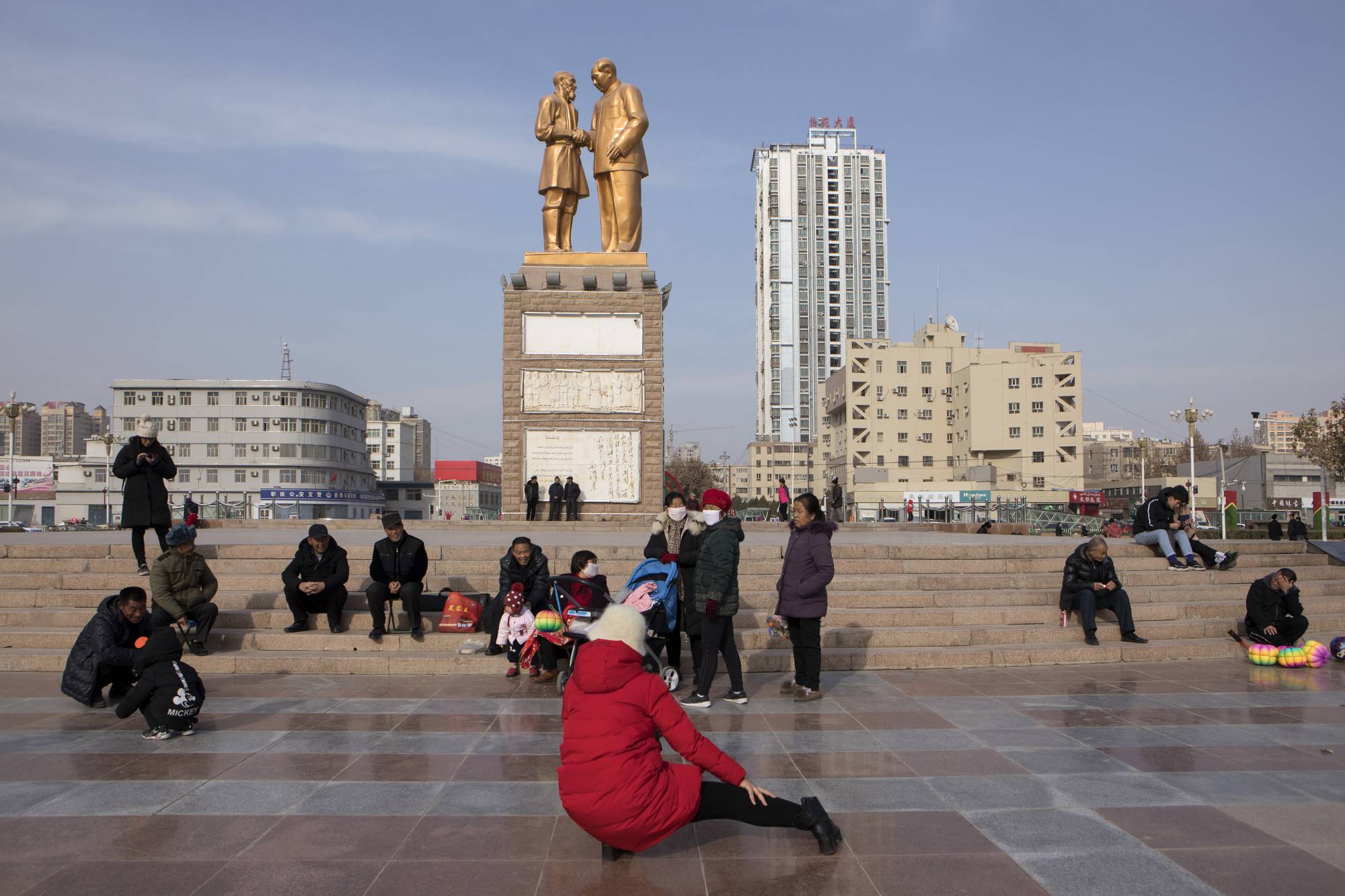In the summer of 2019, an executive at Patagonia got a phone call from a trusted auditor working in China. A planned trip to visit some cotton farms in the region of Xinjiang wasn’t going to happen. Soon other barriers were thrown up. Information from suppliers in the region ran dry.
"We saw this escalation of secrecy,” said Matt Dwyer, the Patagonia executive who oversees the privately held outdoor apparel maker’s supply chains. He spent a year trying to figure out what was going on as media reports detailed widespread repression and forced labor of Uyghur people in Xinjiang.
"When you peel the onion, it starts to reek pretty quick,” Dwyer said. By July 2020, Patagonia had decided to break the two-decades-long ties with its Chinese partners and build relationships with new cotton farmers, ginneries and spinners in other countries.


















With your current subscription plan you can comment on stories. However, before writing your first comment, please create a display name in the Profile section of your subscriber account page.